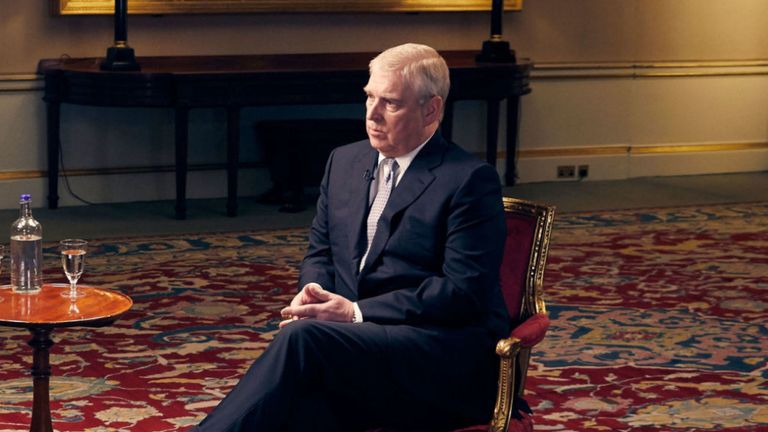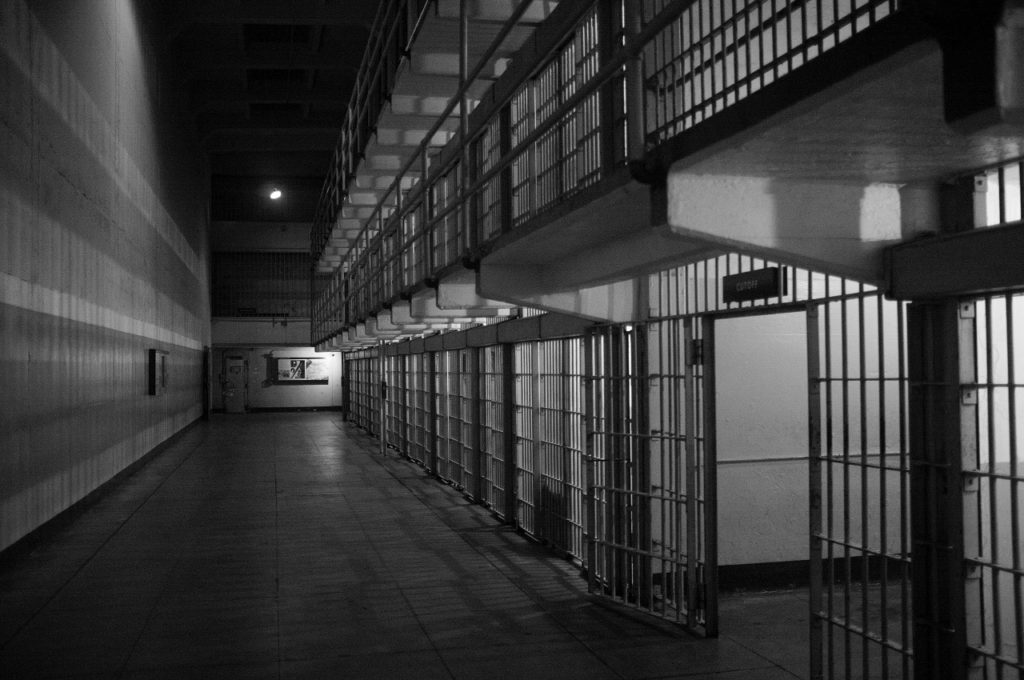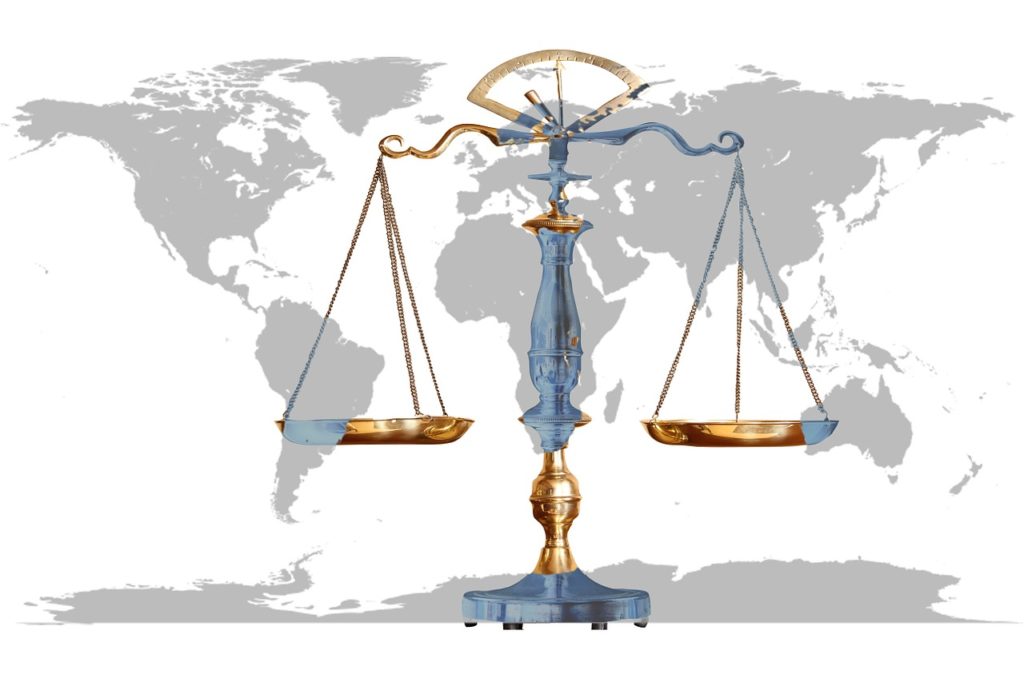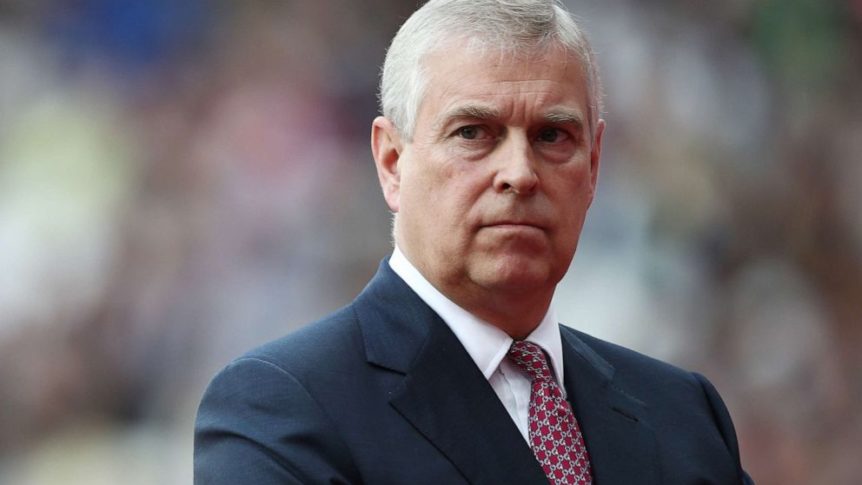Jeffrey Epstein’s death couldn’t have come at a worse time for Prince Andrew. His suicide happened before he could answer to sex trafficking charges in the US. As a result, a shining spotlight has now been placed on his friend Prince Andrew following the allegations made by Virginia Roberts Giuffre.
Her original allegations were made in December 2014, of which a judge later ordered that they are voided from the court file. However, in September 2019, she appeared in an interview on NBC News in a fresh attempt to bring the matter to the forefront.
In the interview, she alleged that she was sexually abused by the British Prince on three different occasions when she was a minor. According to her, this happened between 1999 and 2002 in London, New York, and Little St. James – a private island in the US Virgin Islands that Epstein owned.
In an attempt to clean up his public image following his association with Epstein, Prince Andrew decided to participate in a BBC interview. The end result, however, poses serious legal implications for him. This article explores how that single decision could potentially implode on him.
Who is Prince Andrew?
When you think of the major players in the British monarchy, there figures that come to mind. There’s Queen Elizabeth II, her husband, Prince Philip, their son Prince Charles and his children Prince Harry and Prince William, and of course their wives Duchess Kate and Meghan as well as their children.

However, the Queen also has three other children that don’t share quite the same level of public interest as the rest of the firm. They are Princess Anne, Prince Andrew, and the youngest, Prince Edward. Prince Andrew has been making headlines in recent times in connection to the infamous Epstein sex trafficking case.
The Prince Andrew Interview: Highlights
Jeffrey Epstein and Prince Andrew have been friends for many years, having reportedly met in 1999 through his close friend, who also happened to be Epstein’s longtime girlfriend – Ghislaine Maxwell.
In the widely publicized “no holds barred” interview with journalist Emily Maitlis, the Duke of York (which is the Prince’s other title) discussed the damning Virginia Roberts Giuffre photos vehemently denying ever meeting the accuser stating that he had “… no recollection of ever meeting this lady – none whatsoever”.
His denial came in the wake of a photo taken showing Roberts, Ghislaine Maxwell, and Prince Andrew in Ghislaine’s home in London. Roberts claims to have been 17 at the time the photo was taken. According to the prince, he stated that no one could prove that the photo had been doctored but didn’t state outright that it was fake.
As the conversation progressed, he expressed regret that he visited Epstein in New York to break-off their friendship, stating that he felt that it was the “honorable” thing to do at the time. He states that it was when the Prince Andrew photo with Epstein walking in the park was taken by unknown people.

Epstein had just finished serving his short 18-month stint for solicitation of prostitution from a minor. He didn’t seem particularly fazed by the fact that he was wining and dining with a registered sex offender at the time and didn’t explicitly express sympathy for what Epstein’s victims had been through which to most people seemed quite bizarre.
He also was not forthcoming about whether or not he would willingly offer up any information that would be deemed relevant to the ongoing Jeffrey Epstein case. Instead, he stated that if he was compelled to, then he would have no choice but to cooperate with the authorities.
Prince Andrew and Diplomatic Immunity: Does He Qualify?
Given Prince Andrew’s position in the UK and the fact that he was in the close-knit circle that was Jeffrey Epstein’s friends, can the US authorities seek his extradition from the UK? Can he benefit from diplomatic immunity? What is diplomatic immunity anyway?
The term “diplomatic immunity” is an international law principle that limits the degree by which employees of foreign governments and international organizations are subject to the authority of law enforcement and judicial officers the respective countries they are assigned to. This, however, doesn’t mean that they can get away with anything in those countries.
It also doesn’t apply to all foreign government or international organization employees. When it does apply, there are different categories and subcategories of such individuals, their families, and the specific circumstances relating to the incident in question.
Under English law, the Queen of England is immune from criminal liability. So, if, for instance, the Queen shot the British Prime minister in the head, there is no court in England that would find her guilty of the act. This kind of immunity, however, does not extend to the other members of her family.
Recall the instance when Princess Anne failed to control her dogs in Windsor Great Park, and they ended up biting two children who were playing there. She was convicted and held liable for the unfortunate incident.
In the same breath, Prince Andrew does not benefit from immunity under English criminal law. In 2016, after Roberts’ sex trafficking allegations, the Metropolitan Police confirmed that following a review of the evidence that was available at the time, they opted not to proceed with a full investigation on the price.
The UK investigative bodies, therefore, had no reason to open a criminal investigation against him at the time. However, if damning evidence does come to light implicating Prince Andrew in the offense, then he would be subject to criminal prosecution in England.
Extradition Laws: How They Affect Prince Andrew
The US Federal Bureau of Investigation (FBI) is actively investigating Roberts’ allegations of sex trafficking against Prince Andrew. The real question is: What happens if the US seeks extradition of the Prince? Well, there isn’t a clear cut answer to that. It depends on several factors. First, consider the UK extradition laws.
An extradition request would be dealt with in pursuant to Part 2 of the Extradition Act of 2003 – English law. The decision on whether or not certify such a request lies with the Secretary for the Home Department. If they did certify it, it would be sent to the appropriate judge who would then issue an arrest warrant for the prince.
The certification of the extradition request is not dependent on the evidentiary proof pointing towards guilt. Further to this, the US has been designated as a country that doesn’t need to produce evidence to back up its extradition requests to other countries. Therefore, the judge issuing the arrest warrant doesn’t have to go on any evidence to issue it. Prince Andrew would, therefore, not be able to question the evidentiary basis on which the extradition request is granted.

However, the requested person does have some rights in extradition proceedings against them. They can claim diplomatic or sovereign immunity to be determined according to the guiding principles of Customary International Law (CIL), the State Immunity Act of 1978, and the Diplomatic Privileges Act of 1964 under the laws of England. The State Immunity Act is applicable for heads of state and others, whereas the Diplomatic Privileges Act is applicable to diplomats.
Prince Andrew Immunity Under Customary International Law
Can Prince Andrew benefit from immunity under CIL? The straightforward answer to this is no. Only a small group of senior state officials in the UK can benefit from full immunity under CIL. This applies to sitting heads of state, heads of government, as well as foreign ministers. This extends to whether or not the criminal conduct was private or official and whether or not the offense was committed while they were in office or not.

Put simply, these state officials are immune from the criminal jurisdiction of the foreign state, which in this case, is the US. Prince Andrew would, by definition, not be categorized as a head of state, head of government or foreign minister. So, he wouldn’t be protected by the immunity that CIL grants to these senior officials.
Prince Andrew Immunity Under the State Immunity Act 1978
The UK state Immunity Act of 1978 confers immunity to serving heads of state and the members of their family that form part of the household. This grants them immunity from all criminal proceedings as well.
On this basis, it would appear that Prince Andrew would be protected from an extradition request from the US. However, it all boils down to the term “household”. Does the prince form part of the royal household? Well, English extradition would unlikely conclude that Prince Andrew would be considered a member of the Queen’s household, whether presently or at the time of the alleged offenses for purposes of the State Immunity Act.
Applying for such immunity would be in no doubt an uphill task for the Prince to show the court that a US extradition request should be denied by virtue of the fact that he is an heir to the throne and, as such, forms part of the royal household.
Prince Andrew Immunity Under Special Mission Immunity
Special mission immunity is a different type of immunity that takes effect when one state receives a “special mission” from another state and applies for the duration of their visit. In 1978, a US court ruled Prince Charles, should be immune to US civil proceedings against him, by virtue of the fact that he was the son of a ruling monarch in addition to being the heir apparent to the throne at the time. This decision was placed by the court based on the fact that Prince Charles was in the US to fulfill his official functions and was, therefore, on a special diplomatic mission.
Since Roberts’ allegation became the subject of an indictment, the US State Department would have to determine if Prince Andrew’s visits to the US, at a time when he was an official UK trade envoy, were part of a special mission in which case he would benefit from special mission immunity.
Despite the precedent set by the civil claim against Prince Charles, the US State Department would be unlikely to grant mission immunity to Prince Andrew offenses given the grave nature of the allegations against him.
The 2007 Acosta Sweetheart Plea Deal
In the infamous secret plea deal signed by federal prosecutors in 2007, the non-prosecution agreement effectively granted immunity to Jeffrey Epstein and any potential co-conspirators against all allegations of sexual abuse brought against them. This means that none of the big names in the Epstein black book or those featured in the Epstein flight logs can face prosecution regardless of their involvement in the sexual abuse of the Epstein victims.
Attempts to scrap the controversial plea deal have been unsuccessful despite the glaring fact that it violated the Crime Victims’ Rights Act. On that front, the prince cannot be held criminally liable for that even if he is found culpable.
His interview, however, opened a Pandora’s Box of sorts with regards to being more involved in the Epstein sex trafficking case than he alluded to in a brief conversation with Emily Maitlis. If the FBI’s evidence against him shows probable cause, then a US extradition could be plausible in the near future.
However, such a move could be considered hostile and will likely sever the diplomatic ties that exist between the US and the UK. From a purely political standpoint, the US could instead choose to hand over the evidence it has on the price to the UK authorities and let them initial domestic prosecution proceedings against him. Taking that route would mean that the Duke of York would have no immunity to ward off the charges leveled against him.
What Legal Action Is the Prince Facing
In August 2021, Ms. Giuffre filed a civil lawsuit against Prince Andrew in New York under the Child Victims Act of 2019. The law allows individuals who were sexually abused as children to seek legal redress against the perpetrators, regardless of how much time has passed.
In the suit, the Prince is accused of sexually assaulting and battering Giuffre when she was 17 years old. She asserts that the three instances in which Andrew allegedly assaulted her have caused her significant psychological and emotional distress.
As it stands, the Prince is not facing any legal proceedings in the UK. As part of the civil action in the US, the New York Metropolitan Police reviewed the information submitted to them in June 2021 from the media, as well as a document released in August 2021. Upon the completion of their review, they stated that they would not take any further action against Prince Andrew.
It would appear that none of the information received provided solid evidence of Andrew’s involvement in Epstein’s criminal conduct. The Prince has since offered to assist law enforcement authorities in their investigations.
As for Giuffre’s legal action against Andrew, where she is suing him for monetary damages, it is unlikely that the case will go all the way to trial. Most civil suits of this nature usually settle out of court. Nonetheless, he could still be liable for a significant amount in monetary damages.
Will Prince Andrew Go to Jail
So far, he has no criminal exposure, so the answer to that question is – no. With Ghislaine Maxwell’s ongoing trial, where she pleaded “not guilty” on charges of conspiring with Epstein in abusing four underage girls, she might be tempted to take a plea deal from federal prosecutors.
She might use the opportunity to cooperate with authorities and provide more information about Epstein’s network, which could allegedly include Andrew. At this point, it could go either way.
